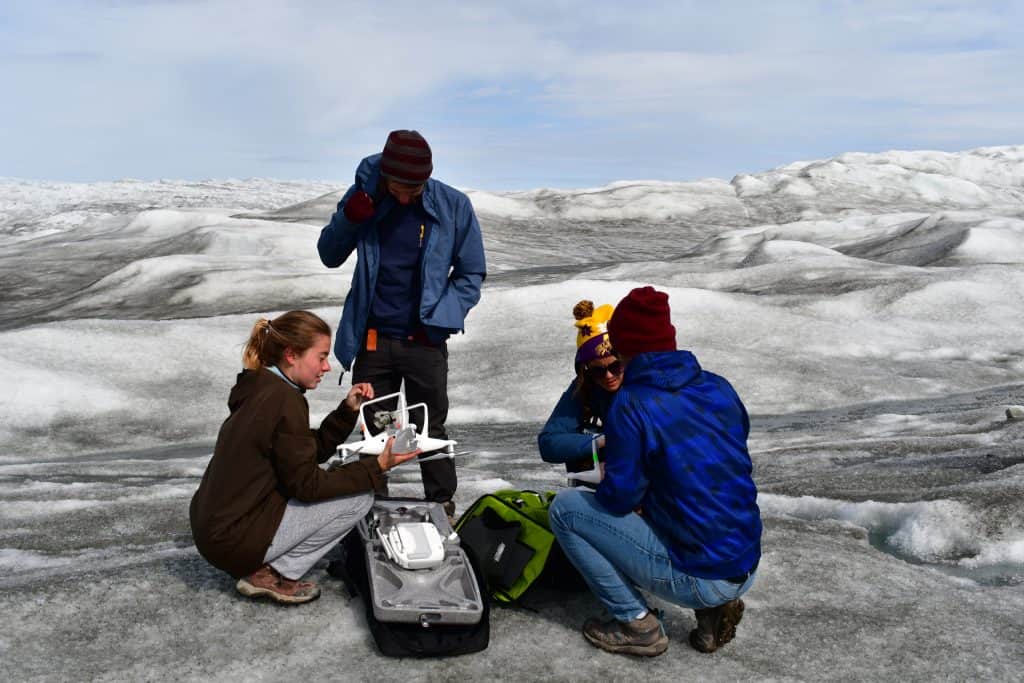

Abigail Meyer was exposed to Greenland’s biodiversity during a short trip last summer. Now the University of Michigan graduate will return to the Danish island, thanks to the university’s Wallenberg Fellowship.
Students at the university apply for the fellowship to further their degree in a platform they choose, submitting a thorough application on what service they will provide to a community, how the fellowship will help their intended careers and beyond.
“It felt like a shot at the moon to apply for,” the Medford resident admitted said of the fellowship. “I’ve known about it for a while and I had just come back from Greenland and wanted to go back. I found the fellowship was a great conduit to go back to the country for an extended amount of time.”
Meyer, who has a computer science engineering degree, emphasized her interest in climate change as a future aspiration. She has long sought to combine technology and environmental science in her career, eyeing environmental and ecosystem modeling. She has participated in numerous study abroad trips to Europe.
Along with some of her peers, Meyer traveled to Peru with a group called INvent, and taught students in the country’s schools about engineering.
“A lot of my nerves have been focused on climate change and how to focus on combating it,” she shared. “It’s an existential threat to us and we could offer some sort of understanding in trying to combat it.
“If I put the work in, I could help make a difference.”
Climate change became a personal focus for Meyer after she saw student art presentations on the havoc that climate change can cause without sufficient intervention.
Her previous trip to Greenland allowed for her to meet citizens and learn about the island and its health. Greenlanders explained they hunt for their foods, live off every bit of what they kill and take advantage of the natural resources around them to live.
Meyer also yearned to hear from Inuits — or indigenous people — who lived outside of the island’s capital Nuuk to see how climate change comes into play.
Her trip back to Greenland remains on hold: the University of Michigan has restricted university funded and sponsored traveling for students during the pandemic. The metro Detroit area is one of several hot spots for the virus.
Meyer’s fellowship project started in the fall, 2019 semester, when she connected with other sponsors and shared her experience in Greenland.
“Being a country that is full of native Inuit people who have lived there for thousands of years , it was something I saw was beautiful and something I always wanted to be in,” Meyer noted.
“It was the perfect place to learn what I’ve always wanted to learn and have people I always wanted to connect to.”
Greenland is an autonomous region in Denmark that is mostly surrounded by the Atlantic and Arctic oceans, with other seas to its southwest and southeast. All but 20 percent of its land is covered by the Greenland ice sheet. The novelty of the country and its placement in the Arctic region has been a part of Meyer’s studies.
She longs to conduct an educational survey on the island, using lessons on geography information systems (GIS) to identify ecosystems and educate others on her findings in the future.
“I wanted to tell people about a group (the Intuits) who was about to be decimated by climate change, to educate others about their struggles,” she noted.
“It could help us care about the people who are thousands of miles away and help others continue to live.”


